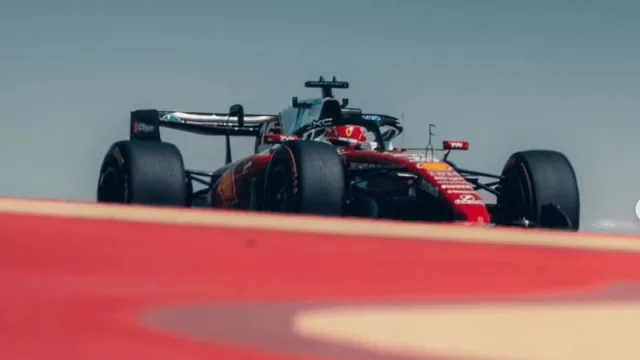Lionel Messi said: Mastercard and I share the belief in the importance of bringing people closer to their passions, and connecting them with what brings them joy, because that is priceless — Just like in this campaign, we always look for ways to give back the support we receive.
Big brands, we're talking about McDonald's, Coca-Cola, Pepsi, Meta, Google, Starbucks... have quickly learned post-pandemic:
1. If branding, advertising, spots, storytelling, sponsoring, experiences, marketing are stopped between 3 and 6 months, sales drop drastically. If left for longer, the brand's value loss is drastic.
2. The fact that offline media like TV and radio had to modify their distribution platforms supported by online distribution media does not currently impact the effectiveness of spot campaign actions, product placement, info placement, brand content, or Native Advertising (one of the most valued strategies today in every sense).
3. Although what has changed is the timing, frequency, and flexibility with which the crossing message must be distributed instead of just creating campaign "pieces," the reality is that leading brands noticeably invest their increasingly high budgets in branding, in much more than just online advertising.
The serious mistake is not understanding that the majority of online media investment is because millions of advertisers invest in it, rather than diversifying their media investment.
Enjoy the spot here.
Brands sell emotions, not products. They offer packaged emotions of advancements, solutions, services, or products. That's why real experience, the search for meaning, value, and ultimately emotion, is so important.
Another huge mistake is believing that B2B companies should not do branding, marketing, or experiences. B2B companies always sell to people, not things. These people change jobs, interact, have families, study, interact with other people who are not directly related to the B2B business, but who directly influence them now and perhaps in the future, becoming part of the narrower "network" of interaction in the business world in which they operate. Therefore, the differential value is always present globally, beyond the transactional.
-
Mastercard is once again heavily investing in sports sponsorships, advertising, and content:
-
We have come to the realization that the old anecdote saying that we didn't know what part of the 50% of what we spend on advertising was wasted was wrong. None of the investments in marketing, branding, or experience is wasted; if there is a crossing plan, whether short, medium, or long term, it always has a return, but having the skills to measure the strategic is another thing. (Excerpt from Seth Godin's conference on value and what you don't know about Marketing).
-
Under the slogan "Giving Back," Mastercard's spot, which tells a real experience of the Argentine footballer, seeks to emotionally connect with the audience by showing how the brand facilitates positive and smooth experiences, both in sports and in everyday payments. This humanized and approachable focus reflects the importance of building meaningful relationships with consumers, beyond commercial transactions.
-
Carlos Quintero, Executive Vice President of Marketing and Communication for the Latin America and Caribbean region at Mastercard, highlights the impact of football on communities and how the brand seeks to give back and support its followers. Through innovative technological solutions, such as tap on phone, click to pay, and Mastercard contactless, the company demonstrates its commitment to convenience, speed, and security in payments, adapting to the changing needs of consumers.
"Football has a profound impact on communities around the world, both on and off the field. By showing one of the greatest footballers of all time living fluid payment experiences while giving back to his fans, we hope to show how Mastercard elevates both communities and small businesses, ultimately empowering economies. Our sponsorship of the Conmebol Copa America USA 2024 also provides an opportunity to show how we are bringing to life new technological solutions that make everyday payments easier, faster, and more secure." (Carlos Quintero, Executive Vice President of Marketing and Communication for the Latin America and Caribbean region at Mastercard)
-
Conmebol Copa America USA 2024 not only reinforces its position as a sponsor of renowned sports events but also allows it to showcase its leadership in developing advanced financial solutions that benefit both users and small businesses, thus driving economic growth and financial inclusion.
Mastercard's comprehensive marketing strategy, which combines traditional and digital elements, demonstrates that in an increasingly interconnected world, successful brands are those that manage to balance technological innovation with authenticity, empathy, and commitment to their customers and communities.
IG: @infonegociosmiami
Sign up for free, now, here.












Tu opinión enriquece este artículo: